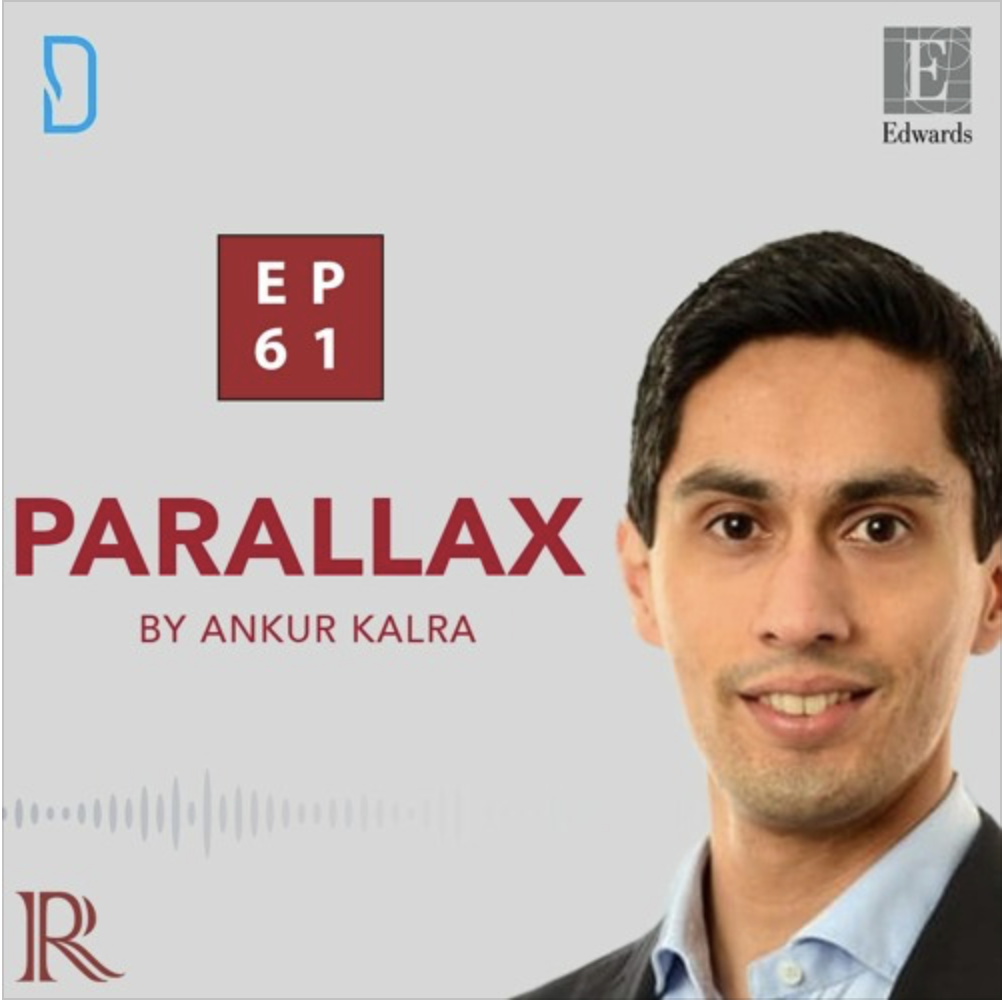
In the second part of Parallax’s review of 2021, Dr Sukh Nijjer, Interventional Cardiologist from Imperial College London, and Dr Ankur Kalra discuss key advances in the field of heart failure and cardiac surgery.
SGLT2 inhibitors are proving to be the blockbuster drug of this decade: Sukh summarises and compares the learnings from DAPA-HF, Emperor-Reduced, and Emperor-Preserved. Next, Sukh highlights the data from SOLOIST-WHF that showed sotagliflozin to have beneficial effects on CV outcomes among patients with type 2 diabetes and HF. Additionally, they discuss how findings on finerenone (FIGARO-DKD) will shape the field. Sukh talks about the semaglutide and the STEP studies, an injectable medication that further expends cardiologist knowledge beyond their speciality. Ankur and Sukh reflect on how the advancement of this field shaped their own practices.
2021 was a busy year for cardiac surgery trials: Sukh and Ankur review the most pertinent data from the AVATAR randomised study presented at AHA 2021. Sukh interprets the outcomes and asks Ankur about his clinical experiences. Finally, they review the investigator led LAAOS III study that showed patients with atrial fibrillation undergoing cardiac surgery, left atrial appendage occlusion was superior to no occlusion.
What were the top practice informing heart failure trials of 2021? What does the latest data say on current cardiac surgery practices? How will these findings inform patient care?
Questions and comments can be sent to “podcast@radciffe-group.com” and may be answered by Ankur in the next episode. Guest @SukhNijjer, hosted by @AnkurKalraMD. Produced by @RadcliffeCARDIO.

Brought to you by Edwards: www.edwardstavr.com
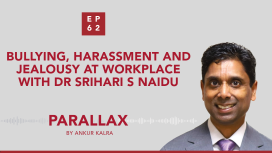
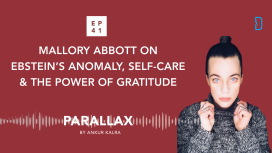
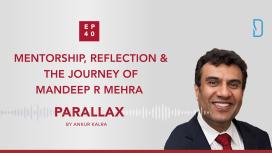
In this week’s episode Ankur’s guest is Dr Mandeep R Mehra, Medical Director of Brigham Heart and Vascular Center and Professor of Medicine at Harvard Medical School.
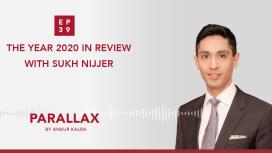
Which COVID19 patients require risk stratification with a stress test? What are the take-home messages for physicians taking care of patients diagnosed with COVID19? What were the key trials of 2020? What can we learn from the negative results of the STRENGHT study? How have studies like STOP-AF influenced clinical practice?
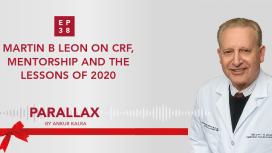
What makes Dr Martin B Leon tick? What is his message to cardiologists and/or researchers at the beginning of their careers? How did the pandemic and his work as a clinician in New York change his perspective?
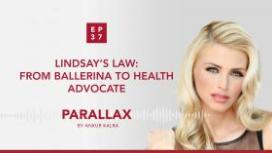
In this episode Ankur asks Lindsay about her treatment path. Lindsay recalls her own journey to taking control of her condition and the important role of information in patient adherence. Lindsay, former Miss Ohio, talks how she used the pageant to create awareness. Lindsay talks about work in state legislation and her plans for 2021.

US Cardiology Review journal, has recently seen a 7-fold increase in female editorial board members in response to journal-based strategic initiatives and the stellar work of USC editorial board leadership, Ankur Kalra (Editor in Chief) and Bill Gogas (Deputy Editor in Chief), who were keen to drive this change. With thanks to Dr Anastasia Mihailidou’s tenure as a new board member and her suggested nominees, ten new female board members have recently joined US Cardiology Review’s editorial board.

In this episode, Mike opens up about his childhood in Stilwell, Oklahoma. Ankur and Mike discuss how the inductive quality of art can complement the deductive principles of science. Mike recalls earlier stages of his career and warns about the blinding effect of the ego-driven, competitive culture of cardiology. Ankur asks Mike about fatherhood and about his role as an educator.
What does it mean to be fearless as a medical professional? How can you protect yourself from the emotional toll of the profession? What is Mike’s advice to early career cardiologists?
Sponsored by Edwards.

During her interventional cardiology fellowship, Dr Baron became fascinated by the implementation of novel technologies. She earned her degree in Clinical Epidemiology and spent a year working at the FDA’s Device Evaluation unit.
In 2019 Dr Baron presented the results of her late-breaking trial, COAPT. Ankur invites Suzanne to discuss the economic analysis of the study and to give a short introduction to cost-effectiveness analysis. Suzanne provides an overview of the trial and they talk about the importance of understanding the value and benefits of new devices from both the patient and the health-economic point of viewpoint.

How should you start building a research programme? What are Chuck Simonton’s thoughts on the relationship between doctors and the industry? What is Chuck’s message to young cardiologists?

After the #MedBikini campaign provoked by a misogynistic study that scrutinized female doctors’ social media posts, this episode is about creating a safer environment for female healthcare professionals.






